
Blueprint for Impact
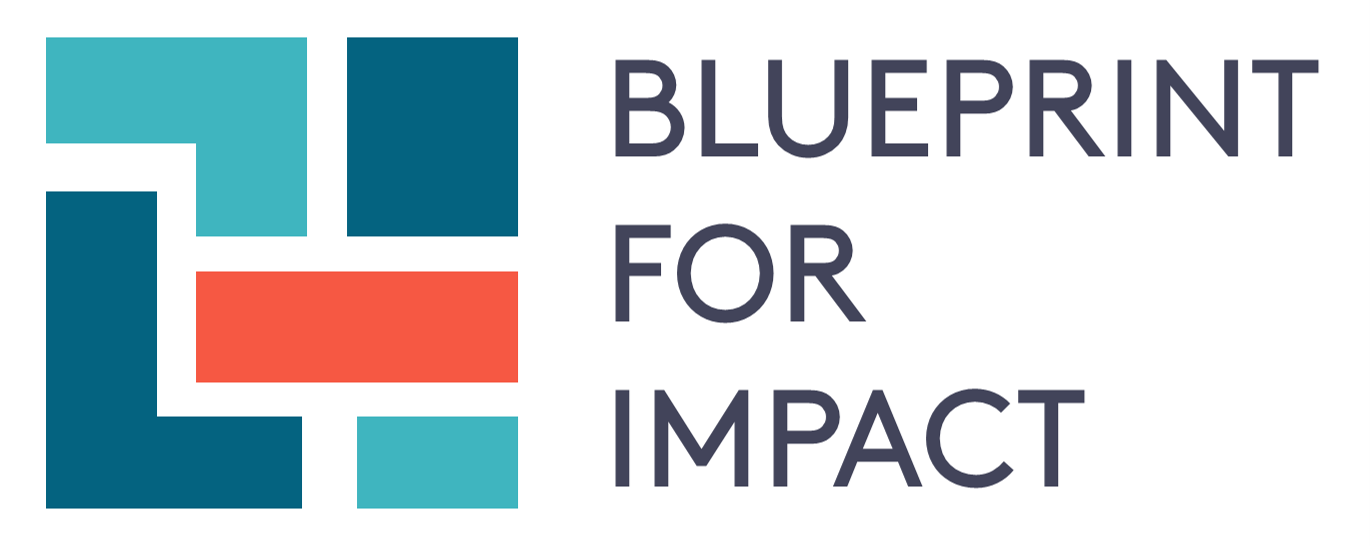
Shaping change collaboratively for more impact! In today's work at our university and beyond, we can witness amazing, upcoming initiatives targeting aspects of sustainability. Despite their great ambitions, we can also perceive a lot of parallel projects which do not fit to the complex systems underlying these sustainability issues. Our aim in Blueprint for Impact is to foster collaboration and synergies in research, teaching, and other related projects and initiatives on the topic of sustainability. By developing (1) an interdisciplinary teaching blueprint and (2) an interactive ecosystem map for sustainability initiatives, we want to contribute to more interdisciplinary, connected learning and the development of innovative solutions which can manoeuvre the complex system underlying sustainability

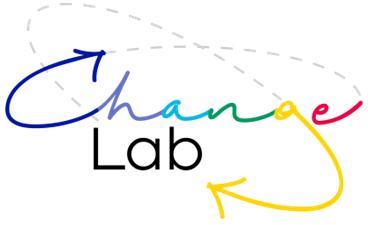
It's time to change through science! Our aim is to create impactful change through science by driving science-based innovative engagement concepts, by enabling students to develop transversal skills through science-to-society projects, and by engaging with regional communities.

EARTH: Ethical and Responsible Transportation and Handling
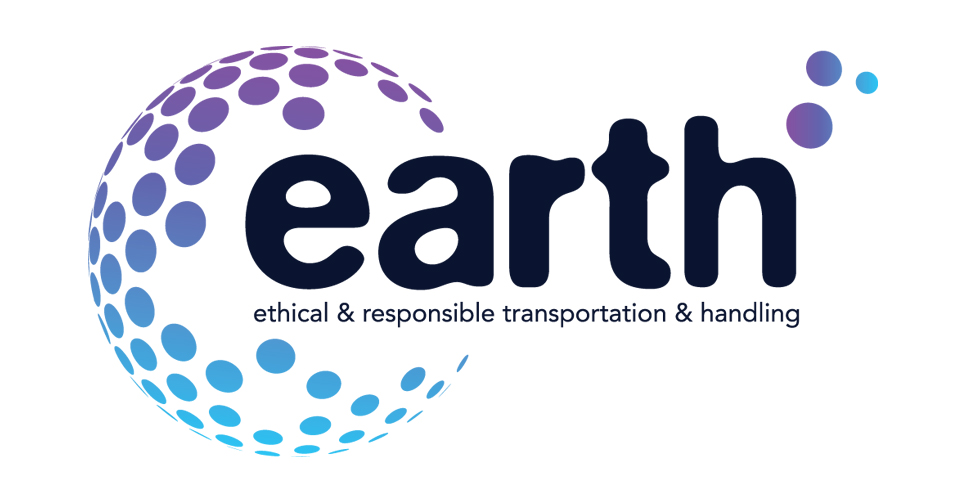
The Erasmus+ cooperation partnership project " EARTH: Ethical and Responsible Transportation and Handling" is an innovative European initiative aiming to integrate sustainability into innovation management education for the logistics sector by utilising an online benchmarking tool to engage Logistics SMEs in evaluating their current innovation processes and exploring how digital solutions can drive sustainable improvements. Our team of partners are passionate about cultivating the next generation of responsible and sustainable change agents with a focus on the logistics sector.

CiE Gateway: Cooperation in Education Knowledge Gateway
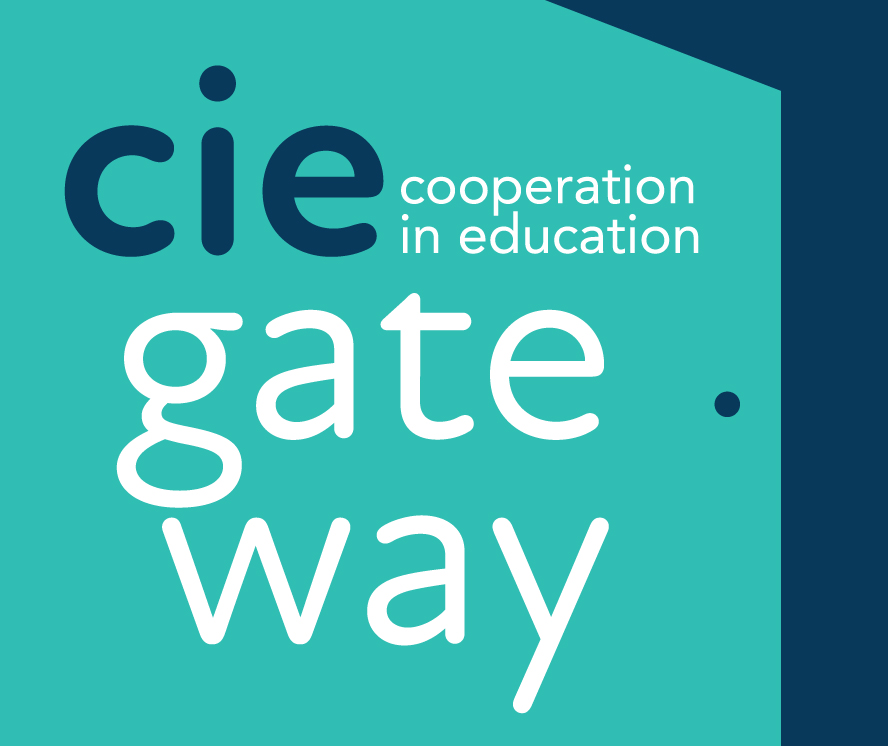
The Erasmus+ cooperation partnership project "CiE Gateway: Cooperation in Education Gateway" is a forward-thinking European initiative. Our team of partners are passionate about improving and increasing cooperative education both spanning boundaries within universities and beyond to better prepare students and life-long learners for the dynamic and challenging world of work.

DigiFABS: Reponsible Dynamic Digital Change Agents for Food And Beverage SMEs
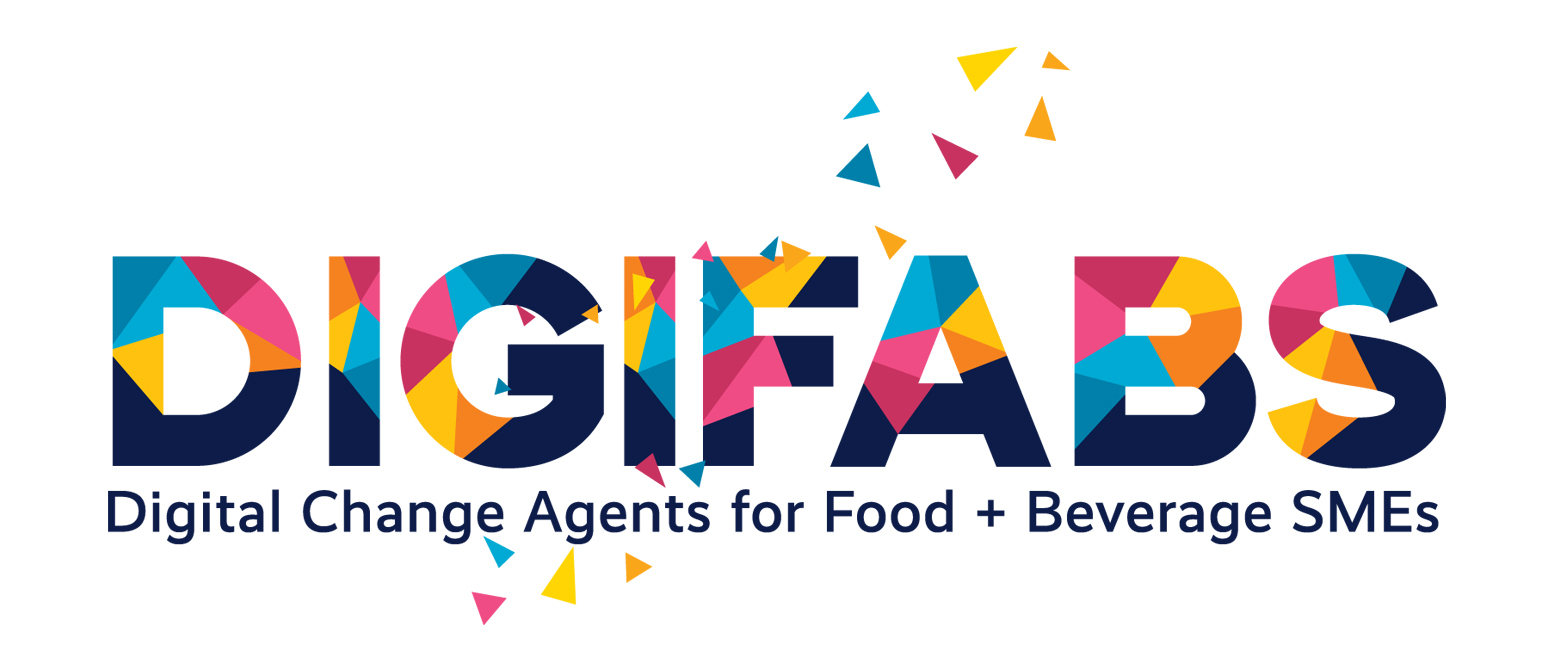
The Erasmus+ alliance for innovation "DigiFABS: Reponsible Dynamic Digital Change Agents for Food And Beverage SMEs" is a new collaboration to tackle digital transformation challenges in the Food and Beverage SME sector. Our team of partners from seven different countries across Europe are passionate about digital innovation and want to empower their regional, national and European ecosystem of SMEs by training students and SME employees to be responsible digital change agents.

WE.Lead - Women Entrepreneurs Empowered to Lead
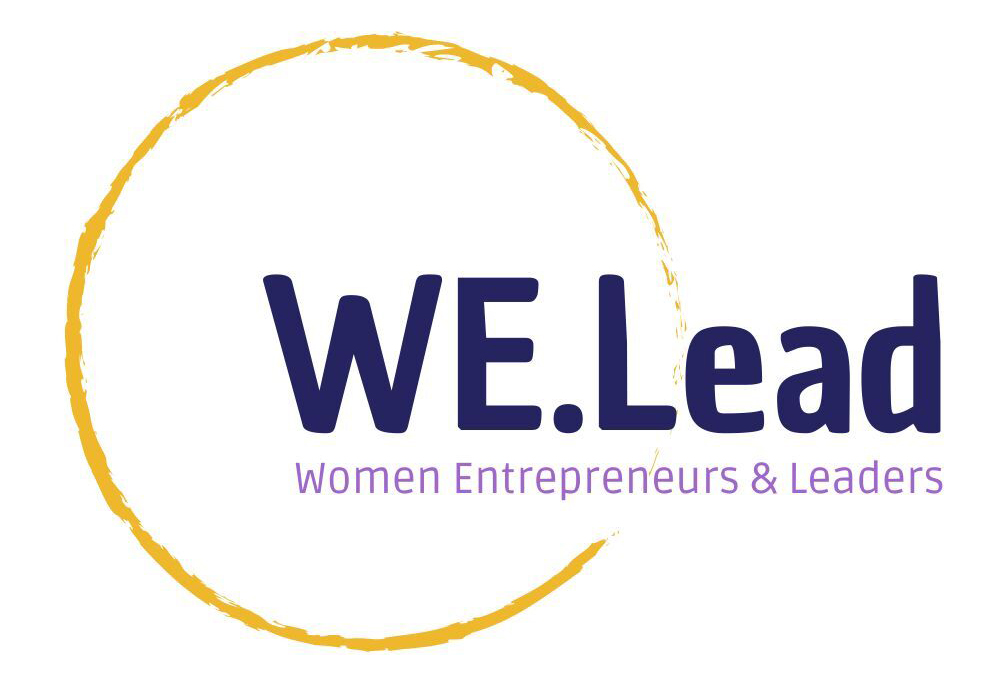
The BMBF-funded FH-Kooperativ project "WE.Lead - Women Empowered to Lead" is a forward-thinking German initiative. Our team of partners are passionate about increasing the number of women in leadership positions and supporting women entrepreneurs in launching and expanding their ventures.

SUNRISE LAB
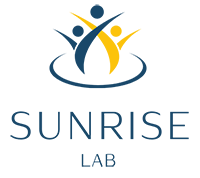
The BMBF-funded joint project "SUNRISE LAB - Nachhaltige Hochschullandschaft Münster" aims to explore how universities can play a role in promoting sustainability and contribute to the transformation of Münster and its surrounding areas. This project brings together the three major universities in Münster - FH Münster University of Applied Sciences, University of Münster, and katho Münster - to investigate ways to make themselves and the city more sustainable.

WeRin

Given that women represent about 60% of the higher education institutions graduates, their under-representation amongst start-ups is a clear challenge. Despite a rise in participation of female students in entrepreneurship education at higher education institutions (HEIs), they still lag behind compared to their male counterparts.

xRegions
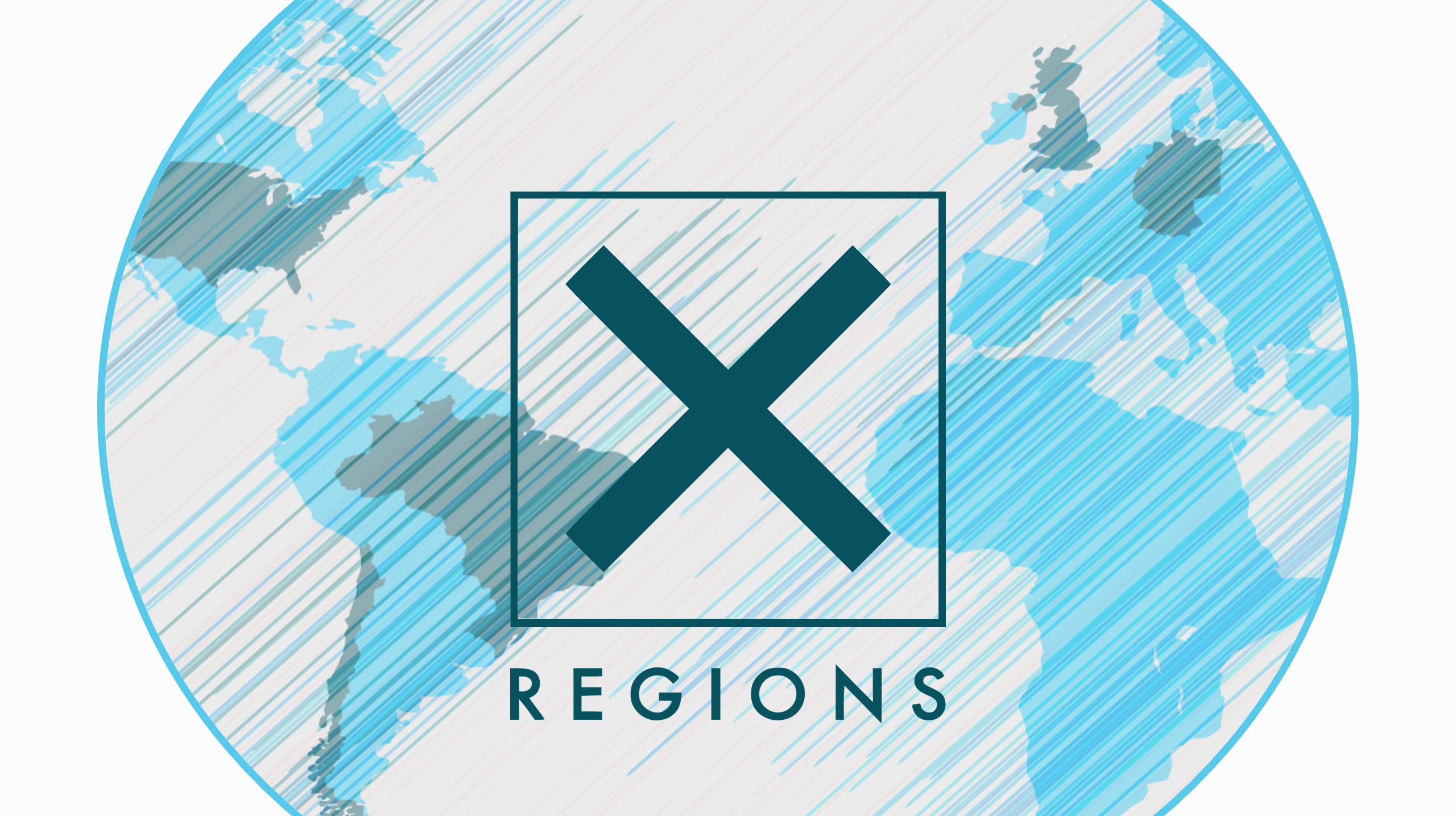
The potential of the long-standing university partnerships between FH Münster University of Applied Sciences and the consortium partners is to take place within the framework of the third mission. As a result, answers and ideas are sought and needed to shape regionally and internationally integrated innovation locations in the future.

RestART Europe

RestART Europe: Mentoring Second-chance Female Entrepreneurs to Restart the European Arts and Creative Sector

NatAlli - Fostering the Renascence of Societies through Lifelong Learning Mentoring Programmes and Allies
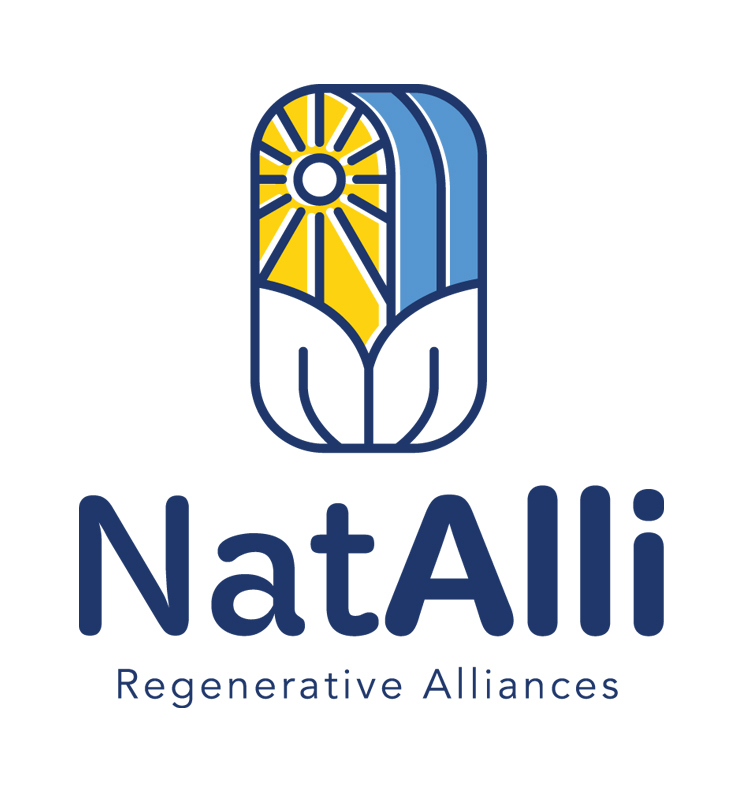
NatAlli aims to develop a mentoring programme to train and accompany highly educated Ukrainian women in their journeys to act as entrepreneurs or as intrapreneurs in established organisations to be agents of the regeneration of their economies and societies. The project also seeks to establish an online community of women who can support and learn from each other, to foster intergenerational learning and knowledge transfer between women at different stages of their careers.

Blockchain for Agri-Food Educators
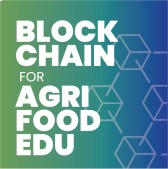

eWBL
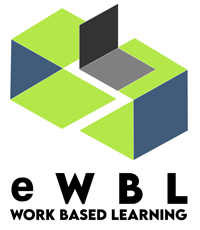
eWBL (Work Based Learning) is an Erasmus + project that focuses on how work-based learning competences could be fostered in the absence of a physical environment. As the work environment is increasingly shifting to online and hybrid formats, ways of making work-based learning effective in this new environment has become an urgent need of educators across the EU. The project addresses this specific need by developing frameworks, tools, and guidelines that educators in HE (lecturers, trainers, and administrative staff) could use to deliver high-quality eWBL.

DigiTransformEdu
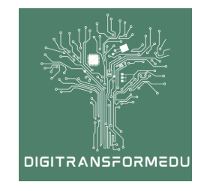
The DigiTransformEdu project aims to foster the digital transformation of HE and tertiary VET institutions. DigiTransformEdu will result in a comprehensive and complementary set of outcomes that cover the seven thematic elements of DigCompOrg (i.e., Leadership & Governance Practices: R1 & R3; Teaching & Learning Practices: R2, R4, R5 & R6; Professional Development: R5 & R6; Assessment Practices: R4; Content & Curricula: R4; Collaboration & Networking: R3, R6 & 4 ME; Infrastructure: R2, R3 & R4).

Hot Topics Explained
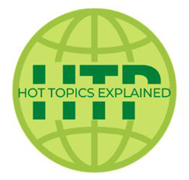
The project develops a new course concept to teach critical thinking and digital literacy to Bachelor students. During the project duration, the course is piloted and iteratively improved upon twice.

ENHANCER

ENHANCER aims to contribute to the horizontal priorities "Addressing digital transformation through development of digital readiness, resilience and capacity"; sectoral priorities "Stimulating innovative learning and teaching practices" and "Rewarding excellence in learning, teaching, and skills development".
Our consortium aims to address the priorities above by developing tools in digital learning for teachers and students in European Higher Education Institutes (HEIs) to enable students to tackle societal challenges through social entrepreneurship. Realizing our aim will help students build the required and relevant skills and therefore reduce the mismatches on the labour market. It also enables students to contribute to an entrepreneurial society that is sustainable and inclusive.

REGENU - ReGenerate Strategies for Higher Education Institutions
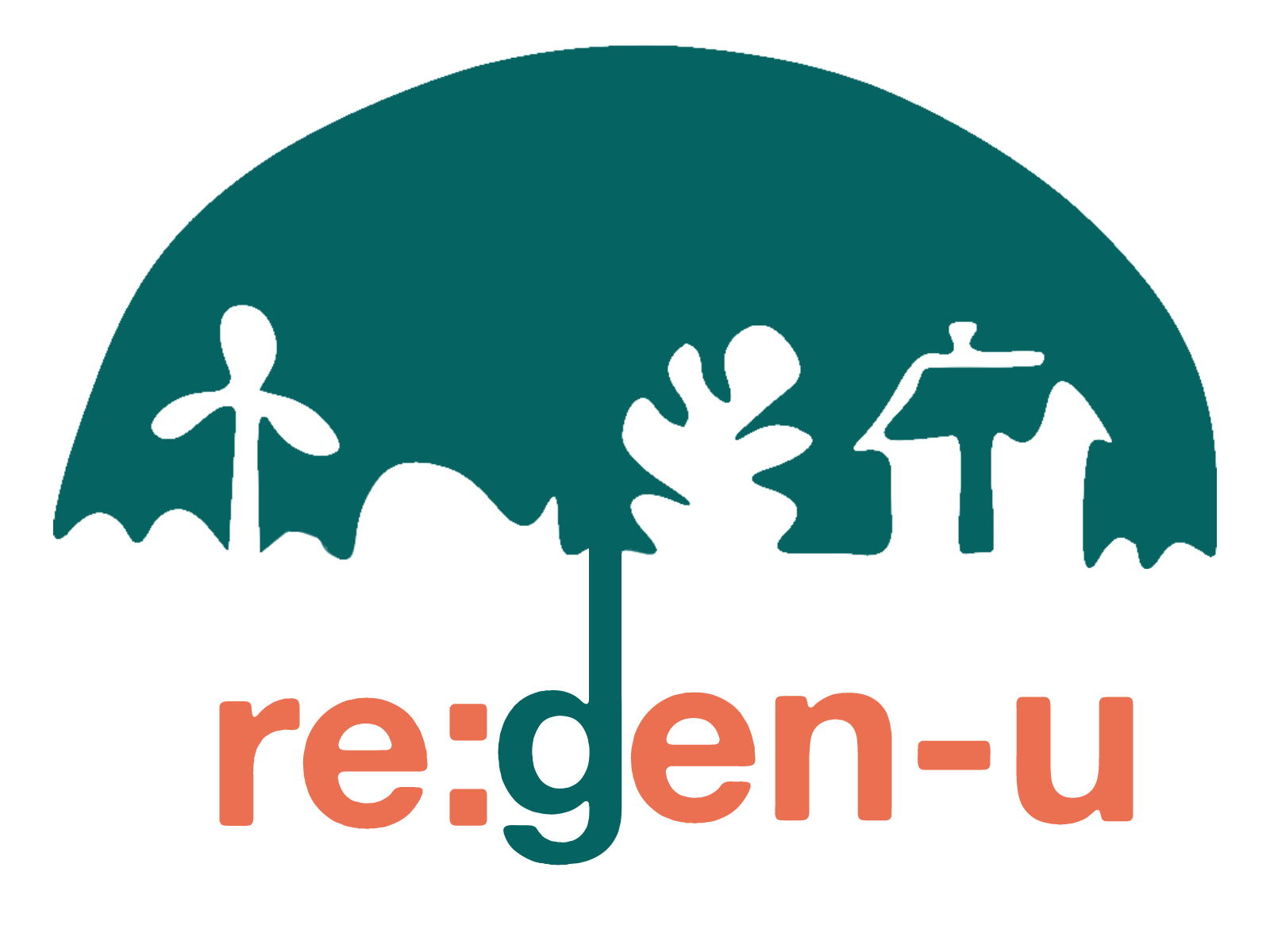
In response to the pressing climate change, biodiversity loss, and pollution challenges, the three-year Erasmus+ Forward Thinking consortium aims to support higher education institutions (HEIs) in adapting their education and training systems for the green transition. The project will address Europe's recognised need to transit to more sustainable activities by (1) supporting HEIs in talent development and serving as a platform provider for the university-business-government networks development and research-driven solutions for complex societal issues; (2) developing a programme to accelerate the development of regenerative green solutions and entrepreneurial projects; (3) generating policy recommendations for a more socially just, ecologically restorative, and economically viable future for Europe.

Digital Citizen Science: Network, transfOrm, groW
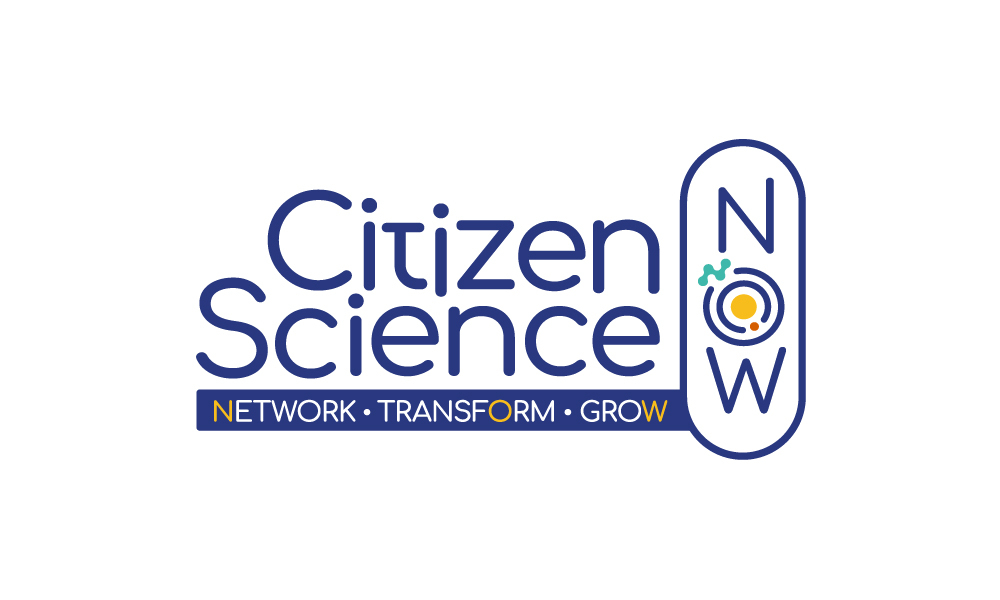
The Erasmus+ Cooperation Partnership project "Digital Citizen Science: Network, transfOrm, groW" (for short "Citizen Science NOW") will investigate how to establish and strengthen local sustainable Citizen Science networks, and equip citizens with essential competencies needed for their effective participation in Citizen Science.

Co-Creation Aid Kit 4.0 (CoCreAid)

Social challenges can be overcome jointly through co-creation projects between Higher Education Institutions (HEIs) and NGOs. Indeed, the ongoing Covid-19 pandemic destabilises already ongoing co-creation projects and creates barriers between HEIs and the rest of society. Thus, the CoCreAid project aims to overcome these barriers by generating an "easy-to-use" graphical user interface (GUI) with digital co-creation methods to enable the implementation and development of high-quality collaboration projects between HEIs and NGOs.







